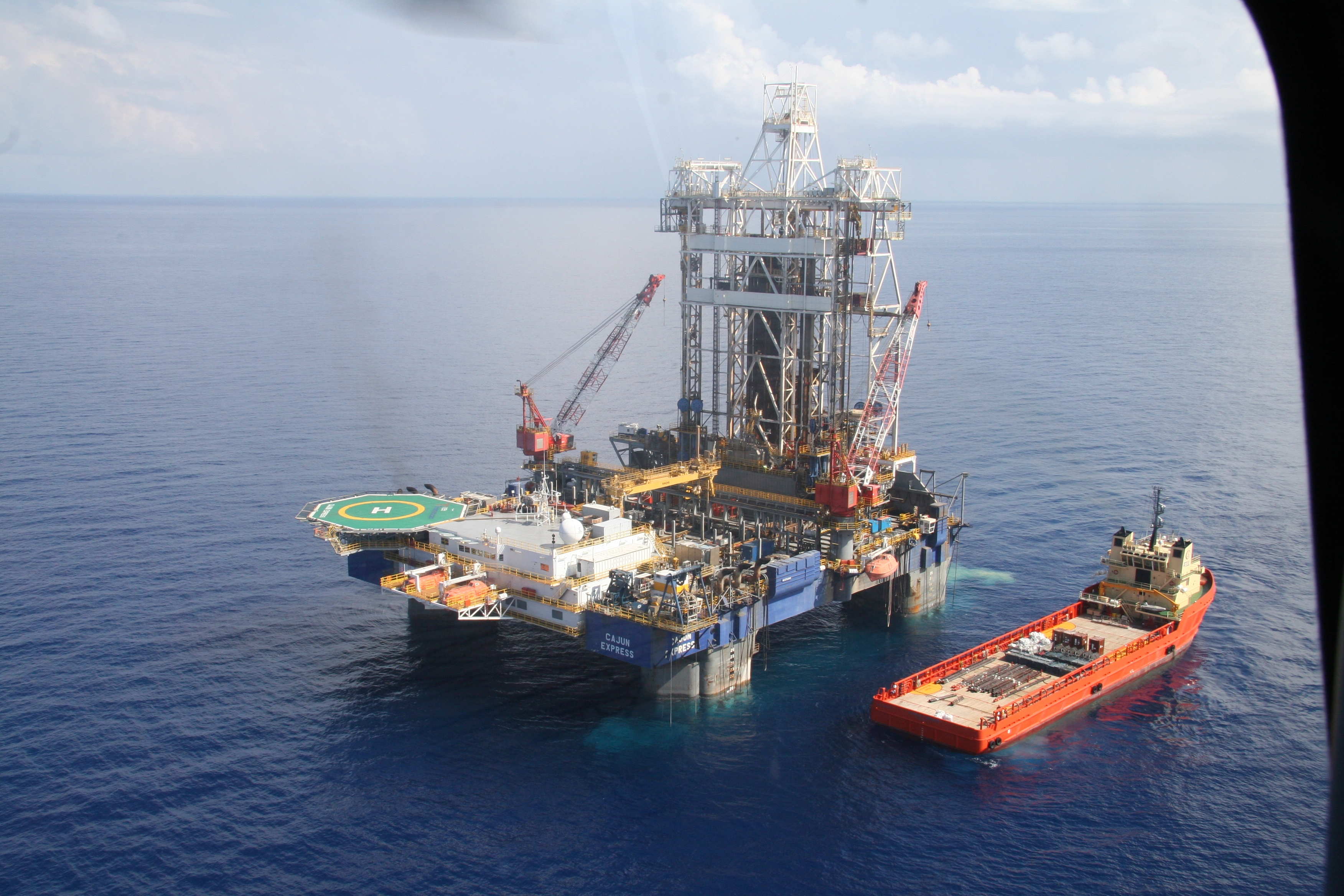Yesterday, Obama announced a new offshore drilling plan that would open up parts of the Gulf of Mexico and the eastern seaboard for leasing and exploration. The New York Times’ Room for Debate blog brought a few folks together to discuss what it means. My contribution is reposted below. See also comments from:
- Peter Maass, author, “Crude World”
- Frances Beinecke, Natural Resources Defense Council
- Samuel Thernstrom, American Enterprise Institute
- Donna R. Christie, Florida State University College of Law
Here’s my bit:
——
The most important thing to understand about President Obama’s announcement on offshore drilling is that it’s mostly for show. Its intended effects are political — corralling more Senate votes for a climate bill and defusing anticipated voter anger over gas price spikes. Even on those grounds, however, it’s unlikely to succeed.
Oil companies aren’t even drilling in most of the offshore areas they already have leased — some 34 billion barrels worth of leases are going unexploited, mainly because the cost of offshore drilling is prohibitive at today’s oil prices.
According the U.S. Energy Information Administration, there likely won’t be any oil from these new offshore areas until 2017, and full production won’t ramp up until 2030. Even when it does, it will produce some 100,000 new barrels a day — about 1/1,000 of total global supply. The impact on oil prices will be “insignificant,” says the Energy Information Administration, and it won’t make America any less dependent on foreign oil, either.
The White House has made clear that one intended effect is to drum up more support for a comprehensive climate bill. However, as the administration’s experience with stimulus and health care reform make clear, preemptively compromising is not a savvy negotiating strategy. President Obama is now committed to drilling, and asked for no firm commitments in exchange. What motivation does any senator have to change his or her position?
Another intended effect is to blunt the anticipated political blowback from the spike in gas prices this summer. But gas prices are going to go up regardless, and the electorate will find no shortage of politicians willing to blame the president. Pandering in advance won’t reduce that political cost; it’s a basic misunderstanding of electoral psychology.
Offshore drilling may poll well, but as a wise man once said, “my job is not to go with the polls, my job is to tell the American people the truth about what’s going to work when it comes to our long-term energy future.” That was candidate Barack Obama, in June 2008, telling voters the inconvenient truth that offshore drilling “would only worsen our addiction to oil and put off investments in clean, renewable energy.” That, he said, “is not the kind of the change the American people are looking for.” Don’t you miss that guy?



